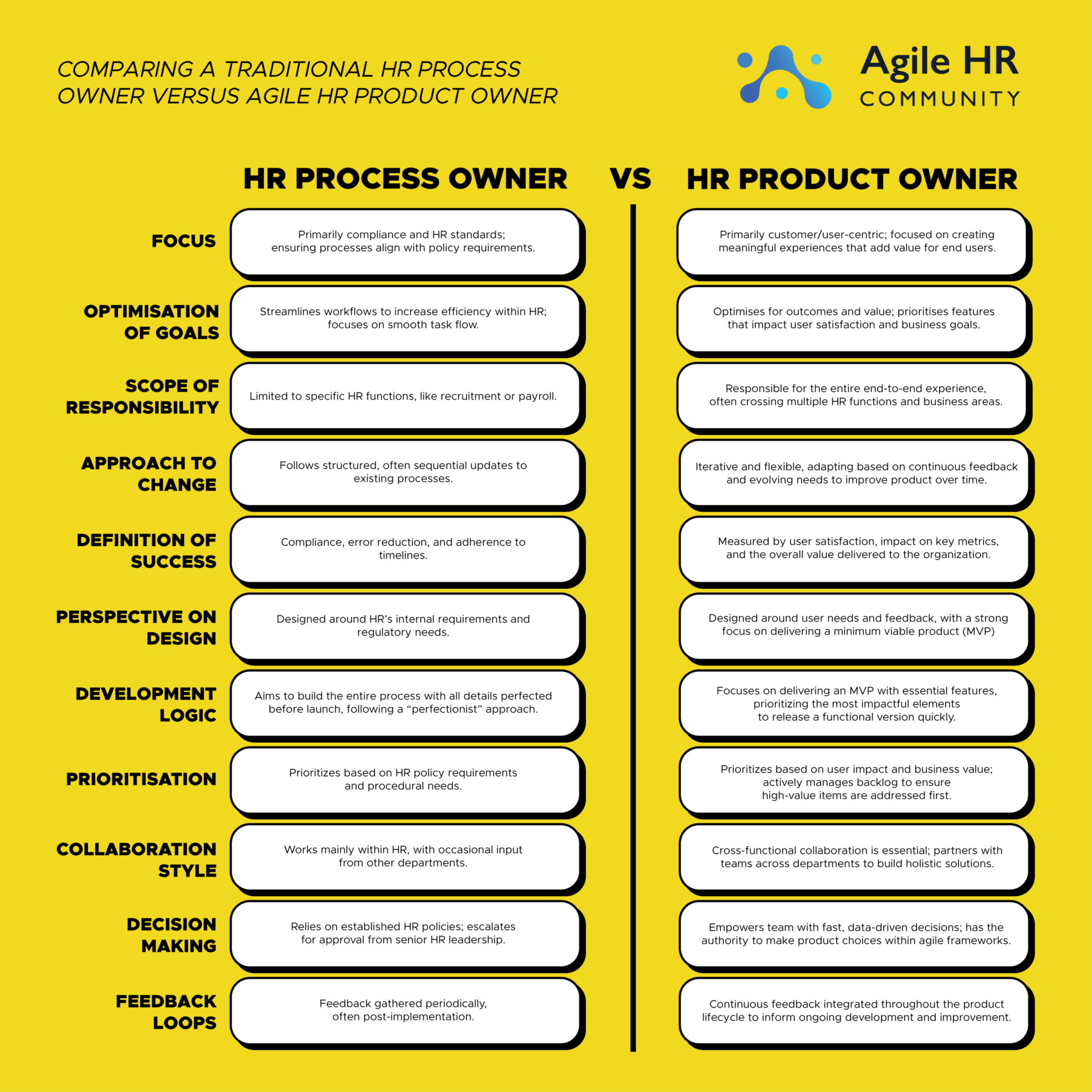In HR, professional process ownership is the backbone of everything we do. Why? Because consistency and efficiency aren’t just buzzwords—they’re non-negotiable. Standardizing and optimizing our recurring processes keeps us running smoothly, whether it’s payroll, recruitment, or performance management. These aren’t just tasks; they’re the operational bedrock that supports our people and our business.
And let’s be real—AI is already changing the game. Tools that automate routine tasks, catch errors, and even give us real-time insights are making it easier than ever to streamline. Suddenly, the tedious parts of HR that used to slow us down are happening in the background, freeing us up for work that actually moves the needle. We’ve already covered 9 easy ways to leverage AI in HR.
Process ownership, paired with AI, is pushing us toward a new level of precision and effectiveness in HR.
Process ownership is falling short
The honest truth is, rarely will we in HR hear that the users, our employees and managers, appreciate and like our services, processes or tools that we provide to the organisation. The root causes tend to be the same…
- Too inwardly focused: HR has become overly focused on optimizing internal workflows, often losing sight of the actual users—our employees. Efficiency for its own sake doesn’t add real value if it doesn’t serve the end user.
- Function -Driven and Isolated: HR operates in silos, with process owners often focused narrowly on their own area. This isolation leads to fragmented, disjointed experiences that lack alignment with the broader organization. Silos are a major barrier to innovation, even in HR.
- Weakness is setting product goals: While compliance and efficiency are HR strengths, setting meaningful, impact-driven product goals that align with organizational objectives is still a struggle. We’re on shaky ground when it comes to defining metrics that reflect true business impact.
- Taking feedback personally: Many process owners take feedback as criticism rather than an opportunity for growth. This approach stifles improvement. Ideally, feedback should be seen as fuel for enhancing our processes, not a point of frustration.
- Resource efficiency over value creation: HR has often prioritized saving resources over creating true value. While efficiency is important, our focus needs to shift to delivering outcomes that make a tangible difference to the organization.
Enter HR Product Ownership
Product Ownership introduces a user-centric mindset, bold goal-setting, and an outcome-driven approach. This capability is all about prioritizing the user experience and driving meaningful results that matter.
Seeing HR projects, service improvements, and people-related initiatives as products changes how we prioritize, release, and design around user needs. A product mindset allows HR to build solutions that are truly people-centered, with clear priorities and measurable outcomes.
The Future of HR Process and Product Ownership
So, where do we go from here? It’s clear that future HR teams will need both strong product ownership and sharp process expertise. First, we need Product Owners who set clear goals, understand the real needs of users, and know how to prioritize. They’ll be the ones who lay out the scope, define the phases, and build out features in a way that makes a difference from day one.
But let’s not forget the process experts. Their skills in designing workflows, optimizing, and building lean processes will be critical in supporting the agile, user-centered approach of product ownership. We need both skillsets working hand in hand to ensure products that work and lean, streamlined and flexible workflows that keep them running.
This shift also means rethinking HR’s product architecture. We’re moving toward modular, adaptable solutions—systems that allow us to add and remove features without disrupting the whole structure. HR products need to be as flexible as the world they’re serving, ready to pivot and evolve.
The future of HR is product ownership, supported by top-notch process design. Soon, we might even see AI stepping in to handle process flows, adapting them in real-time to align with shifting product needs. We’re on the edge of a new era where product thinking will be the driving force in HR, and process design will be there to support it every step of the way.
You can download this handy comparison here


